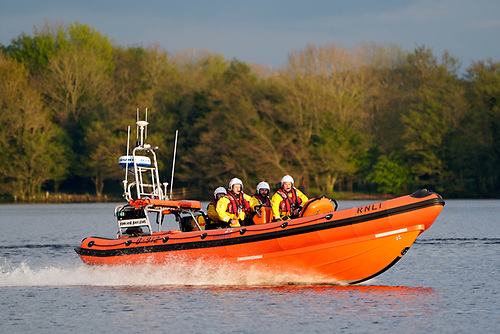Displaying items by tag: Cpt Michael McCarthy
Cruise Europe Chairman Captain Alters Course
#CruiseChairman - Captain Michael McCarthy chairman of Cruise Europe (CE) has retired from his position as commercial manager with the Port of Cork Company last month but, as those of us who know him are well aware, this does not mean he will be getting out his pipe and slippers.
As Cruise Europe adds he has stepped down from his well-established role in the shipping industry: just altering course a little. And Cork will still be very much on his radar.
Starting his sea life as a cadet for Irish Shipping Ltd in 1971, he rose to being master in 1982 spending 13 years travelling the high seas worldwide. He is a strong advocate of a life at sea, saying: “Running a ship in such often adverse conditions gives any young person an opportunity to learn and demonstrate organisational, motivational, collaborative and leadership skills.”
In 1984 he moved shoreside taking on the role of director/surveyor with marine cargo and insurance surveyors, Sea Service Ltd, and in 1991 he took on the role of deputy harbour master and deputy superintendent of pilots at the Port of Cork and Port of Bantry. McCarthy expanded his shoreside learning while studying marketing and management at University College Cork and, in 2007, was appointed commercial manager for the port. This role really suited Michael as it gave him an opportunity to define developments and strategy, building sustainable relationships and new trade routes while consolidating and growing Cork’s position in the cruise sector.
His career has given him a wealth of knowledge into the whys and wherefores of the shipping industry and, most importantly for CE, the cruise sector. Over the years he has taken on many additional roles including president of the Irish Institute of Master Marines, Irish representative to the International Federation of Ship Masters and chairman of Cobh Seas Scouts as well as active ventures leader.
McCarthy is now ready for a new challenge as a marine consultant for his newly-established company MMCC Port Marine Ltd. In the first instance, he has already been taken on as a consultant by the Port of Cork until the end of 2020. He will be advising on the cruise sector, his successor and potential new infrastructure. In addition a number of CE members have requested his assistance in reviewing their cruise propositions.
Cruise Europe’s gain is that McCarthy will be able to devote even more time to developing the association together with CE managing director, Jens Skrede. This is at a time when the industry is moving into yet another growth phase with all the implications, in terms of infrastructure and regulations, that this involves. He is a great advocate of collaboration and strives to bring the various organisations and associations closer together in this very exciting and yet challenging sector.
High on the list is the creation of a unified environmental response from all sides of the industry, including associations such as CE and Cruise Lines International Association, to be available for those countering resistance in their communities. This would help increase public awareness of just how much is being done to minimise pollution both at sea and in port. McCarthy says he is hopeful that these issues will be on the agenda at Seatrade Med in Lisbon in September.





























































